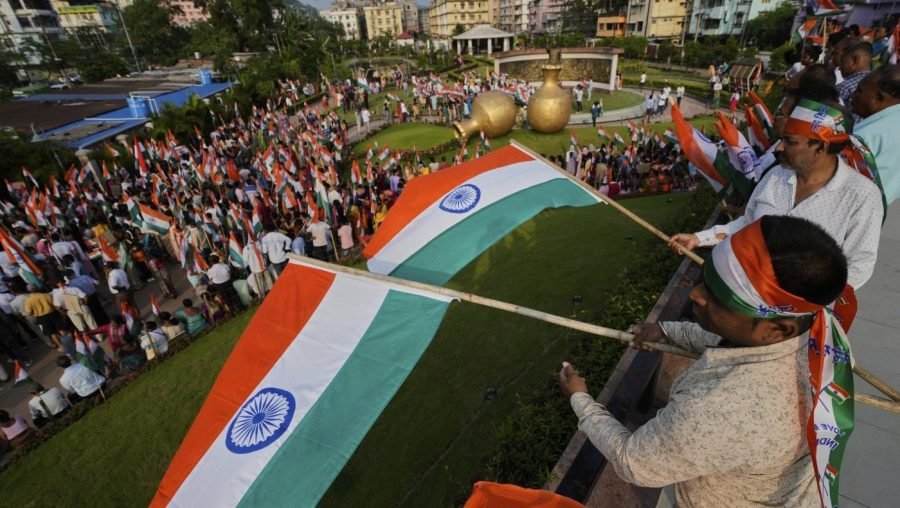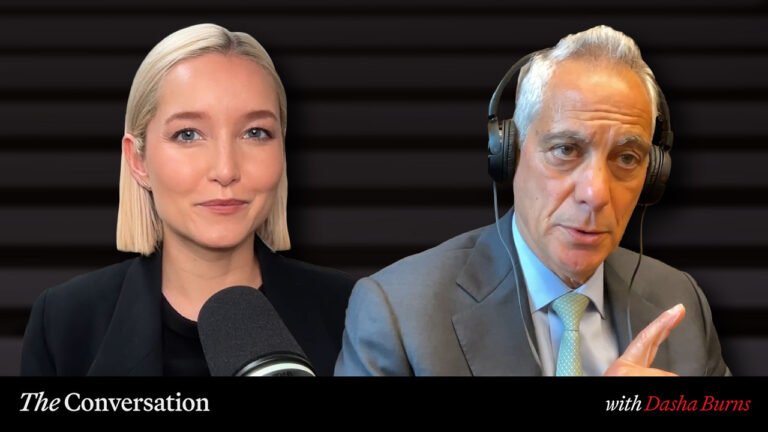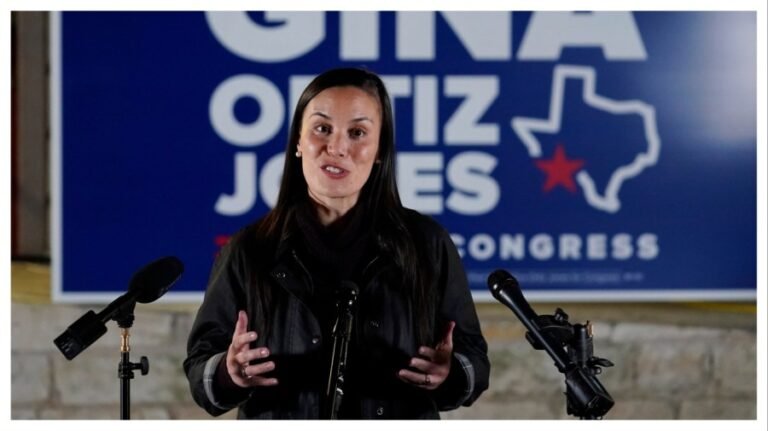
On May 7, India launched a calibrated military campaign against Pakistan in response to a brutal terrorist attack that had killed 26 civilians in Indian-administered Kashmir. Islamist gunmen had deliberately targeted Hindu tourists, exemplifying the persistent cross-border terrorism that India has long endured.
Yet few anticipated that the decisive external actor to intervene, President Trump, would seek not to de-escalate tensions impartially, but to tilt the scales in favor of the state sponsor of terror.
Pakistan’s military has enabled terrorist groups to operate from its soil for decades. Its terrorist proxies have carried out attacks in India with the support — tacit or overt — of Pakistan’s army, which has ruled the country directly or indirectly since its founding in 1947.
But this time, when India hit back with precision and restraint, it wasn’t Pakistan that reversed the tide of battle. It was Washington.
The Trump administration stepped in at a pivotal moment, using coercive leverage to compel India to cease its operation prematurely. In doing so, Trump not only spared Pakistan the consequences of its actions but also damaged the foundation of U.S.-India strategic trust.
Trump has publicly boasted about his role. From Riyadh to Doha during his Middle East tour, he declared he had “brokered a historic ceasefire” between India and Pakistan. But behind that triumphant spin lies a less savory truth: The U.S. intervention was not about peace — it was about shielding a longtime “major non-NATO ally” from the fallout of its proxy warfare.
The Indian campaign lasted just three days, one of the shortest modern military operations, yet it achieved notable success. Indian forces degraded Pakistan’s air defenses and struck key air bases. In a display of technological prowess, both nations relied heavily on drones and precision missiles. But while Pakistan launched more projectiles, it failed to inflict meaningful damage on any Indian military installation.
India’s turning point came on the morning of May 10, when its military hit major Pakistani air bases, including Nur Khan — located near the army headquarters, the prime minister’s office and Pakistan’s nuclear command. At this point, India had seized the battlefield initiative.
Yet, just hours later, a ceasefire was accepted — under direct U.S. pressure, with Trump announcing it even before India or Pakistan. The ceasefire took effect at 17:00 Indian Standard Time that same day.
Trump later revealed that he had threatened trade sanctions to halt India’s advance. “If you don’t stop, we are not going to do any trade,” he said during a White House press conference. He reiterated in Saudi Arabia, “I used trade to a large extent to do it.”
If true, the U.S. leveraged economic blackmail — not diplomacy — to protect a state that exports terrorism. That raises a chilling question: If Washington can use trade threats to dictate India’s conduct in a military crisis, what’s to stop it from weaponizing defense supply chains during the next one?
India has steadily increased purchases of U.S. military hardware. But this episode confirmed India’s greatest fear: in a real conflict, these systems could become liabilities if Washington turns off the tap. No country’s national security should hinge on platforms dependent on another power’s political whims.
Two days into India’s military campaign, the International Monetary Fund — under strong American influence — approved a $2.4 billion bailout for Pakistan, offering a financial lifeline to a country teetering on the brink of default. The timing of the bailout was telling, rewarding the most persistent terror sponsor in South Asia even as its proxies triggered a military crisis.
The bailout signaled to the world that you can export jihadist terror and still enjoy Western protection — if you’re geopolitically useful enough.
In fact, Trump has shown an unsettling willingness to engage with actors whom most nations deem beyond the pale. On May 14, he met with Syria’s self-declared president Ahmad al-Sharaa — better known as Abu Mohammad al-Jolani, a U.S.- and U.N.-designated terrorist and a former leader of Syria’s al Qaeda affiliate.
Meanwhile, Trump has turned his sights toward Kashmir as a geopolitical bargaining chip. While remaining conspicuously silent on Pakistan’s role in exporting terrorism, he has proposed to mediate the Kashmir dispute, saying that both India and Pakistan are “great nations” that need help resolving it.
Such false equivalence — between the target of terror and its perpetrator — has justifiably infuriated both the Indian government and public. New Delhi has firmly rejected Trump’s mediation offers, underscoring that there can be no talks under the shadow of terror.
Kashmir is one of the world’s most complex territorial disputes. India controls 45 percent of the former princely state, Pakistan 35 percent and China the remaining 20 percent. Yet Trump, despite failing to resolve conflicts in Ukraine or Gaza, believes he can now “work to see if a solution can be arrived at concerning Kashmir.”
In reality, Trump is playing into the hands of Pakistan, which has long weaponized the Kashmir issue to justify its “war of a thousand cuts” through terrorist proxies against India.
Even after bailing out Pakistan, Trump doubled down. On May 15, he rebuked Apple CEO Tim Cook for manufacturing iPhones in India, telling him, “I don’t want you building in India.” According to Trump, a chastened Cook promised to increase production in the U.S.
This pattern of behavior highlights the jarring truth that Trump’s America is not a reliable strategic partner for India. Paradoxically, India should be thankful for this wake-up call.
The U.S. likes to portray itself as India’s natural partner in the Indo-Pacific, a region that will determine the next world order. But trust in any partnership is forged during a crisis.
Trump may have forced India to pause its military campaign — but, in doing so, he accelerated the unraveling of trust between the world’s two largest democracies. That rupture, unless healed quickly, will not be easy to mend.
Brahma Chellaney is a geostrategist and the author of nine books, including the award-winning “Water: Asia’s New Battleground.”

